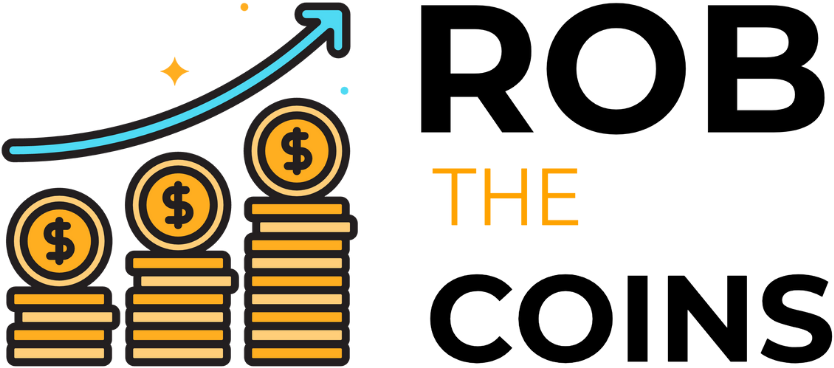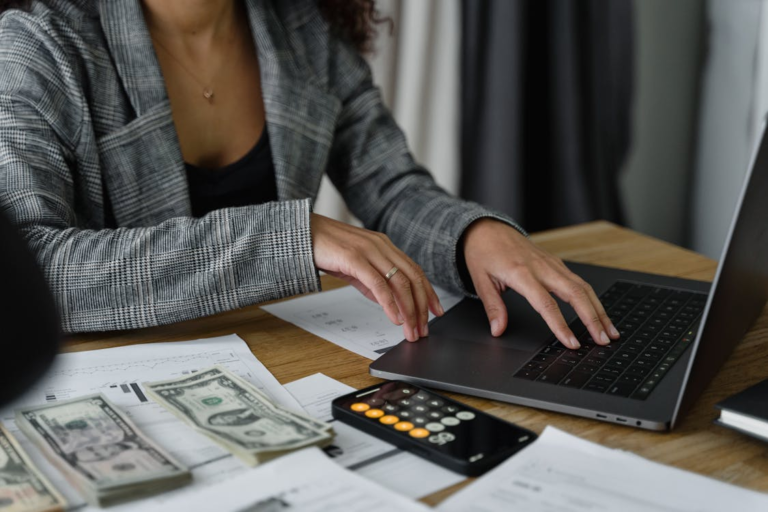Coin collecting, or numismatics, is a passion that combines the thrill of the hunt with the joy of owning a piece of history. While many collectors often focus on acquiring rare and valuable coins, it’s equally important to consider the financial aspects, particularly during tax season.
Knowing how to maximize your tax refund can significantly affect your overall financial health as a collector. This article will explore strategies to help you make the most of your tax situation. Find out if you’re eligible for IRS relief services with Tax Law Advocates.
Understanding the Basics of Coin Collecting and Taxes
As with any other specialty hobby or investment, coin collecting is also embedded with numerous tax consequences based on your collection’s specific type and size. Coins are generally considered self-incidental commodities by the Internal Revenue Service (IRS) and artwork or antiques.
This classification implies that any capital gains made from the sale of your coins are subject to capital gains tax – which may go up to 28%, much higher than the 20% tax rate that applies to other investments. It is also essential to keep track of all the purchases and selling, including date, amount of money paid, amount of funds received, and all other related expenses. This documentation will be beneficial when preparing and submitting tax returns.
Keep Detailed Records
Another way to optimize your tax refund from being a coin collector is to ensure that records are kept well. This involves ensuring that he or she retains the receipt of all the purchases made, the date when the purchases were made, the price of the purchase, and any other charges that might have been incurred. Also, when you dispose of a coin, note the sale price, date, and cost of selling the coin. Having all of this information can help make tax time fast and efficient, especially if you use Taxcaster. A clean and well-arranged record of your gains and losses will assist you in the reporting exercise, and in the case of an audit, you’ll be able to back up your statements.
Learning Outcomes of Capital Gains and Losses
These consumers must understand how capital gains and losses are calculated to avoid being caught off guard. If you sell a coin for a price surpassing the amount you spent, the price difference is known as the capital gain. On the other hand, if you sell a stock for an amount lower than what you paid for it, you report a capital loss.
Since capital gains are regarded as capital gains for tax purposes, they may be offset by capital losses that are allowable deductions in a computation of taxable income. For instance, if you bought one coin and made a profit of 1000 dollars and lost 500 dollars in another coin, you can report a gain of 500 dollars. This practice can help you reduce your tax burden and receive more money back in your tax return.
Use the IRS Fresh Start Initiative
The Internal Revenue Service Fresh Start Initiative program provides different solutions for taxpayers who have a problem paying their taxes. If you can earn quite some money and get into a tax debt due to your coin collections, this program may help you.

Fresh Start consists of installment agreements, offers in compromise, and penalty abatement, among other options. Therefore, it is always important to look at these options for better ways to deal with the taxes so that you are not charged with different penalties. It is necessary to determine the possibility of getting the services of the IRS relief with Tax Law Advocates.
Deductible Expenses for Coin Collectors
However, some costs associated with your coin-collecting hobby could be affected or deducted if you carry on the activity on a business-like basis. This can include expenses such as buying your collection, the cost of housing your collection or paying for insurance on your collection. You can deduct your travel costs if your trade involves moving from one location to another in events such as coin shows or auctions.
Also, you can put costs on the list, such as subscriptions to numismatic publications, membership in organizations interested in coin collecting, and fees for appraisal or other professional information. Remember, it is always advisable to seek the help of a tax consultant to help you understand which deductions meet your circumstances and how to take them correctly.
Seek Professional Advice
Abiding by tax laws is complicated and even harder when faced with specialized fields such as numismatics. Many tax rules are complex, so having a tax specialist familiar with numismatic investments can be beneficial. Employing the service of a qualified tax consultant helps you claim maximum allowances on your tax return, correctly declare your income and losses, and observe all legal requirements as provided by the Internal Revenue Service.

It also remains ideal to approach them for advice on organizing your collection activities to reduce your tax bill.
Conclusion
It is a common practice for many individuals to seek ways and means of increasing their tax refund. As a coin collector, you must do the following: With your record keeping in order, knowledge of capital gains and losses, IRS programs, and consulting with professionals, you can manage your tax situation to your advantage and possibly even gain more of a refund. It is not only a source of entertainment, but it is also an investment that can help you earn a lot of money if you know how to make the right choice. It is also important to note that taking time to understand and implement the above tax strategies will help you derive many benefits in your future collection.




